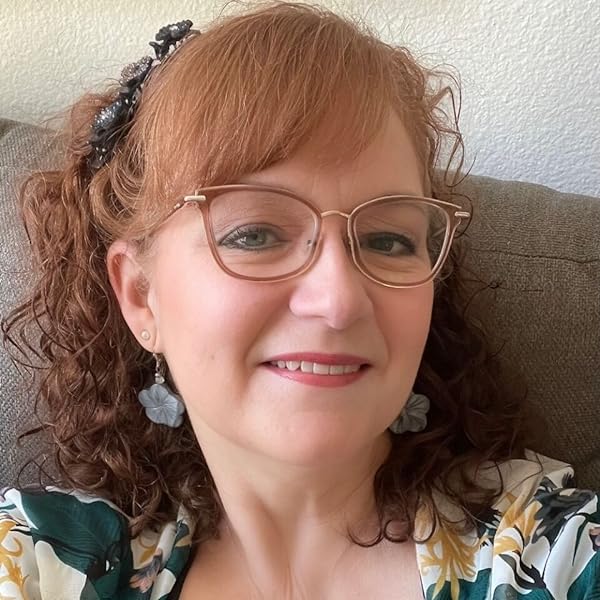
Near the Danube Bridge introduces readers to the life of Kalman Hartig, a man of deep faith and conviction in Yugoslavia during World War II. What inspired you to tell his story?
Elisabeth Hartig Lentulo and I have been good friends for a long time. Before he died, her father asked her to write his story. A year after his passing, and the same year Russia invaded Ukraine, Elisabeth felt it was time to include her father’s experience with other stories of persecution. She’d read some of my academic writing and descriptive writing and asked me to write the story. The more information she gave me, the more inspired I became to also tell the world what had happened to him.
What were some ideas that were important for you to share in this book?
Equally important to me were:
1. Including the effects of religious differences within families as well as countries.
2. How music calms the soul and provides peace and sustenance even in the direst of situations.
3. How one’s faith provides strength to endure.
How much research did you undertake for this book, and how much time did it take to put it all together?
Elisabeth provided the information obtained from her father’s recorded talks, diaries, and letters. She also interviewed cousins and shared her own memories.
I listened to two DVDs of her father speaking to an audience about his incarceration, torture, and two years of hard labor. I organized the stories Elisabeth provided. I did my own research on the history behind the entire life of Kalman Hartig and his wife Hermina Kirchner. I also researched the countries’ customs to make sure all information was included correctly within the story.
It took me 14 months to complete.
What is one thing that you hope readers take away from Near the Danube Bridge?
I want lovers of biographies and memoirs, historians, and scholars to gain a greater understanding of what occurred in the Balkan area before and after WWI and II. By including the horror of the Pancevo Massacre, I hope to help awaken a desire to learn more.
Author Links: GoodReads | Facebook | Website | Instagram | Book Review
#Time #Story
